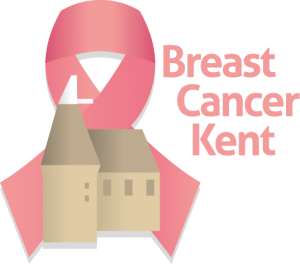Well-being after breast cancer
More and more women are surviving breast cancer. This is partly due to early diagnosis but it is undeniable that breast cancer treatment has improved over the last few decades and continues to advance.
Perhaps the most reliable survival statistics in the United Kingdom come from the National Health Breast Screening Programme. The latest overall 5-year relative survival rate for women diagnosed with an invasive breast cancer on a screening mammogram is 98%. For women who have a breast cancer diagnosed after finding a lump (symptomatic breast cancer) the statistics show that 5-year survival rates depend upon many factors. The size of the tumour is important, as is involvement of lymph nodes so prognosis needs to be determined for each individual patient.
Following breast cancer treatment, patients are put on a surveillance programme because if the cancer recurs, it is better to identify this at an early stage. Patients are also encouraged to seek advice if they have any new concerns.
There is also a growing body of evidence to suggest that breast cancer patients can take some very positive steps to improve their survival and general well being with diet and exercise. In the years following breast cancer treatment, maintenance of a healthy body-weight appears to be protective.
Breast Cancer Surveillance
After treatment, mammograms are performed every year until the age of 50 or for 5 years and thereafter every 2 to 3 years. The physical examination of the breasts is important but mammograms have been shown to be the most reliable way to identify new cancerous changes in the breasts. The treatment for breast cancer often changes the way the breast feels so it is important that women learn how to remain breast aware after surgery.
Many women worry about the risk of cancer occurring in the other breast. Unless a woman carries the gene mutations BRCA 1/ 2 or comes from a high-risk family of breast and ovarian cancer, the risk of developing cancer in the opposite breast is actually relatively low.
Some of the medications used to treat breast cancer can reduce a woman’s energy levels and may lead to weight gain and lethargy. The emotional and psychological legacy of a diagnosis of breast cancer can also lead to feelings of anxiety.
